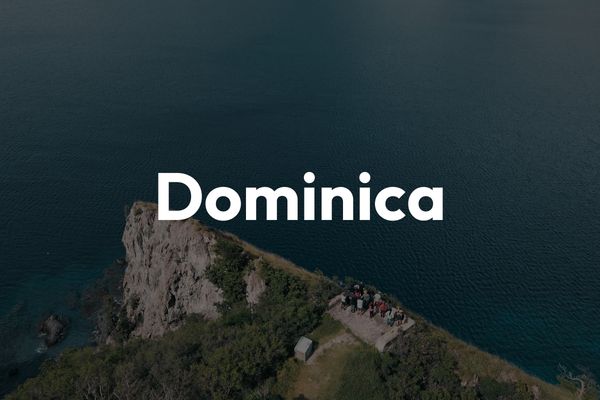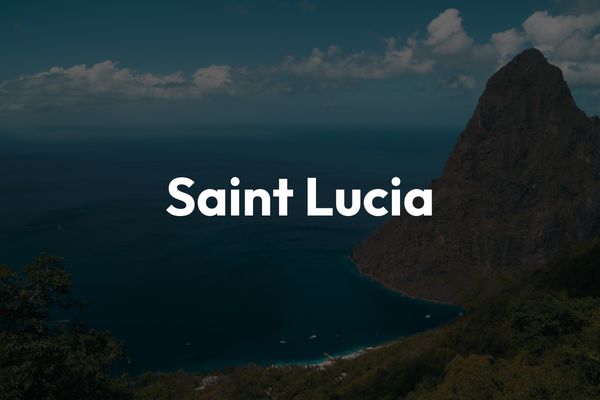The Nature-Based Economies Program is developed around a new Advancing Circular Economy (ACE) Facility. Funded by KfW, on behalf of the Federal Ministry for Economic Cooperation and Development, the objective of the ACE Facility is to contribute to the reduction of marine litter in the insular Caribbean.
The ACE Facility works with public and private sector partners as well as other Caribbean stakeholders to fund projects that promote and apply practical circular economy principles to minimize, prevent or remove waste entering the marine environment and/or removing marine litter. This is to be achieved by investments in equipment and infrastructure but also generation of data and knowledge, policy support and education of consumers.









